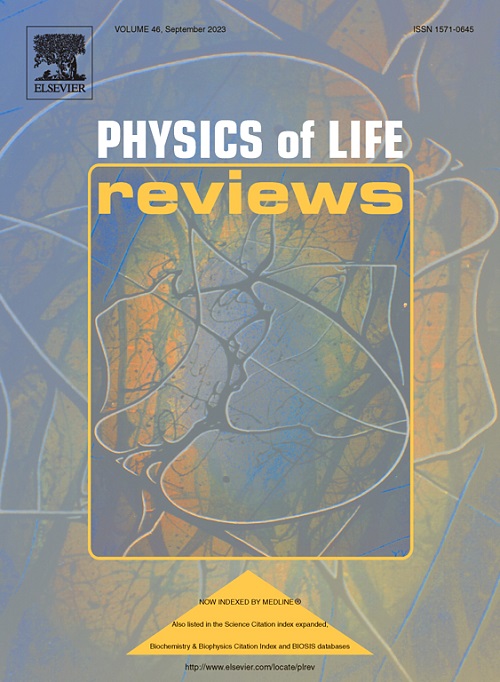Update on “Emotion and autobiographical memory”: 14 years of advances in understanding functions, constructions, and consequences
IF 13.7
1区 生物学
Q1 BIOLOGY
引用次数: 0
Abstract
Holland and Kensinger (2010) reviewed the literature on “Emotion and autobiographical memory.” They focused on two broad ways that emotions influence memory: (1) emotion during an event influences how the event is remembered, and (2) emotion and emotional goals during memory retrieval influence how past events are remembered. We begin by providing a brief update on the key points from that review. Holland and Kensinger (2010) also had noted a number of important avenues for future work. Here, we describe what has been learned about the functions of autobiographical memory and their reconstructive nature. Relatedly, we review more recent research on memory reconstruction in the context of visual perspective shifts, counterfactual thinking, nostalgia, and morality. This research has emphasized the reciprocal nature of the interactions between emotion and autobiographical memory: Not only do emotions influence memory, memories influence emotions. Next, we discuss advances that have been made in understanding the reciprocal relations between stress, mood, and autobiographical memory. Finally, we discuss the research that is situating emotional autobiographical memories within a social framework, providing a bedrock for collective memories. Despite the many advances of the past 14 years, many open questions remain; throughout the review we note domains in which we hope to see advances over the next decades.
情感与自传体记忆 "的最新进展:14 年来在了解功能、构造和后果方面取得的进展
Holland 和 Kensinger(2010 年)回顾了有关 "情绪与自传体记忆 "的文献。他们重点讨论了情绪影响记忆的两大途径:(1) 事件发生时的情绪会影响事件的记忆方式;(2) 记忆检索时的情绪和情绪目标会影响过去事件的记忆方式。我们首先简要介绍一下该综述的最新要点。Holland 和 Kensinger(2010 年)还指出了未来工作的一些重要途径。在此,我们将介绍有关自传体记忆的功能及其重构性质的研究成果。与此相关,我们回顾了最近在视觉视角转换、反事实思维、怀旧和道德背景下对记忆重建的研究。这些研究强调了情绪与自传体记忆之间相互作用的相互性:不仅情绪影响记忆,记忆也影响情绪。接下来,我们将讨论在理解压力、情绪和自传体记忆之间的相互关系方面所取得的进展。最后,我们将讨论将情绪自传体记忆置于社会框架内的研究,为集体记忆提供基石。尽管在过去的 14 年中取得了许多进展,但仍有许多悬而未决的问题;在整个综述中,我们指出了我们希望在未来几十年中看到进展的领域。
本文章由计算机程序翻译,如有差异,请以英文原文为准。
求助全文
约1分钟内获得全文
求助全文
来源期刊

Physics of Life Reviews
生物-生物物理
CiteScore
20.30
自引率
14.50%
发文量
52
审稿时长
8 days
期刊介绍:
Physics of Life Reviews, published quarterly, is an international journal dedicated to review articles on the physics of living systems, complex phenomena in biological systems, and related fields including artificial life, robotics, mathematical bio-semiotics, and artificial intelligent systems. Serving as a unifying force across disciplines, the journal explores living systems comprehensively—from molecules to populations, genetics to mind, and artificial systems modeling these phenomena. Inviting reviews from actively engaged researchers, the journal seeks broad, critical, and accessible contributions that address recent progress and sometimes controversial accounts in the field.
 求助内容:
求助内容: 应助结果提醒方式:
应助结果提醒方式:


